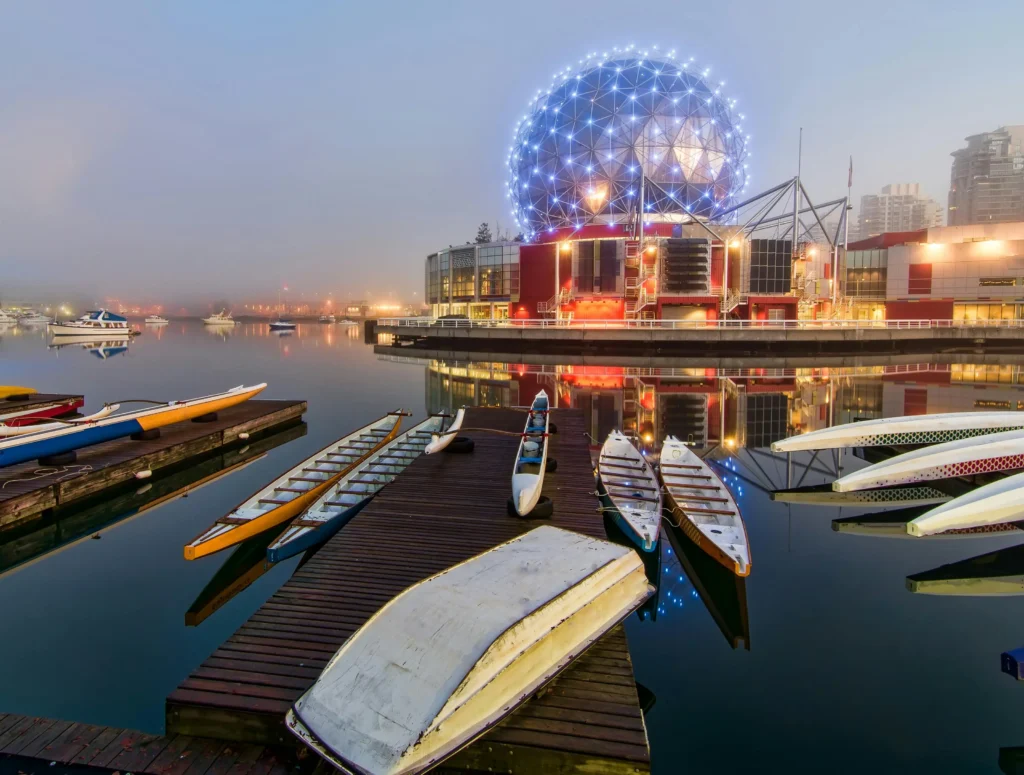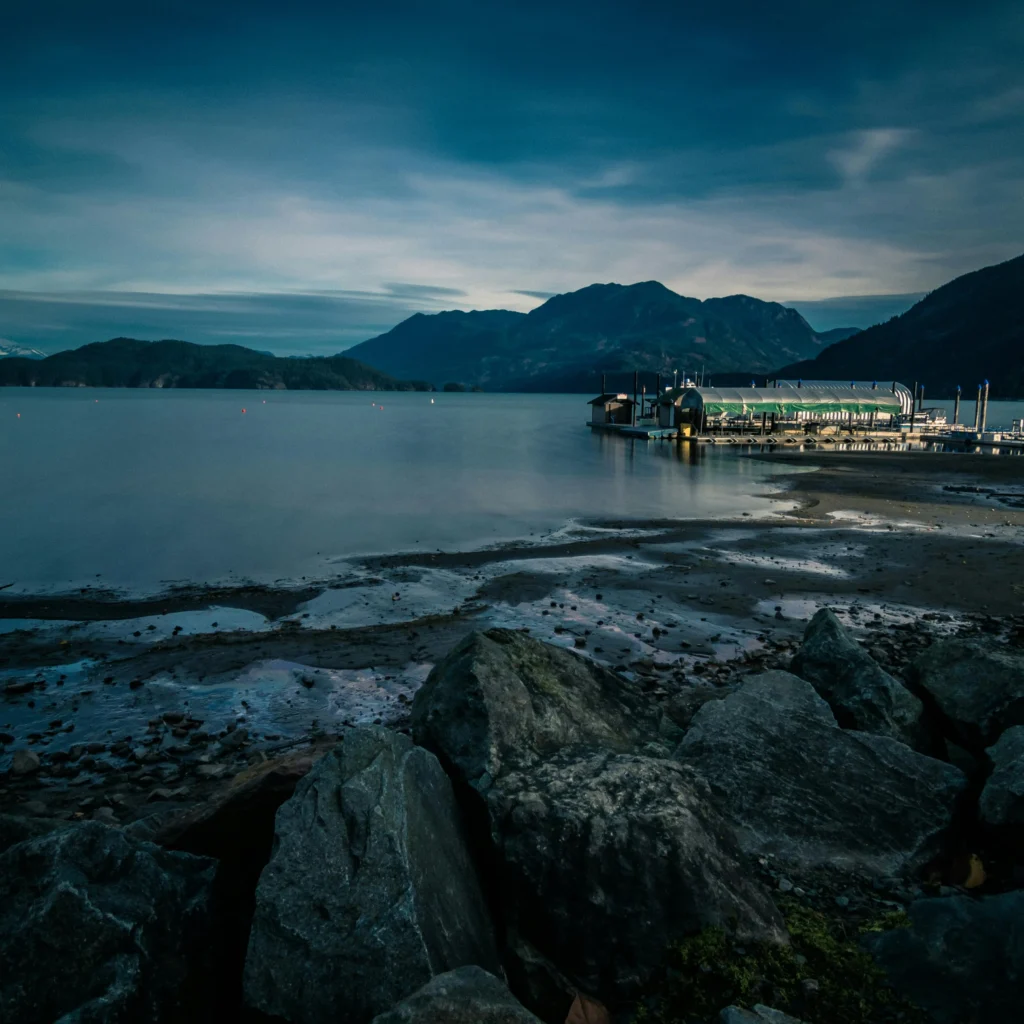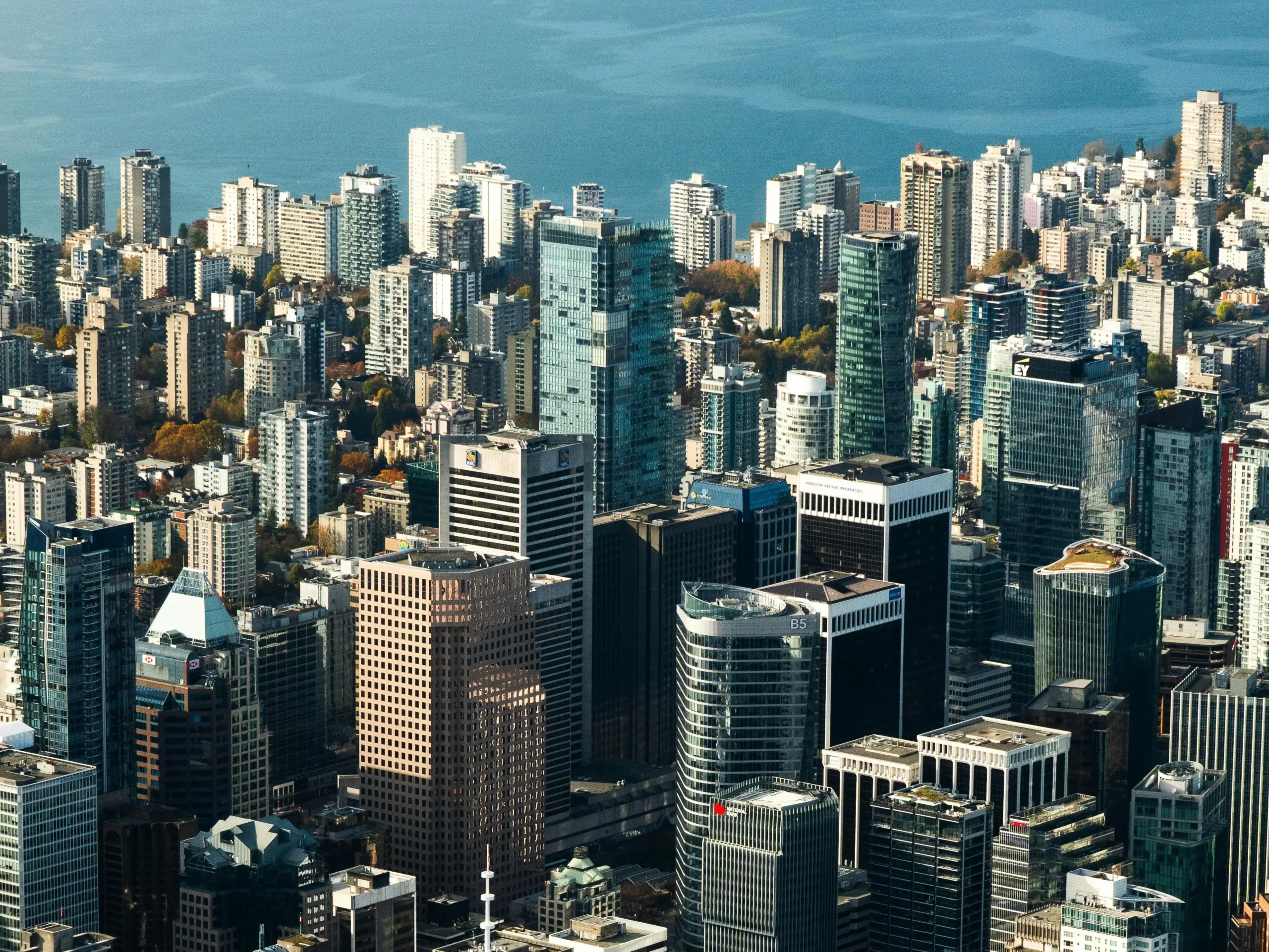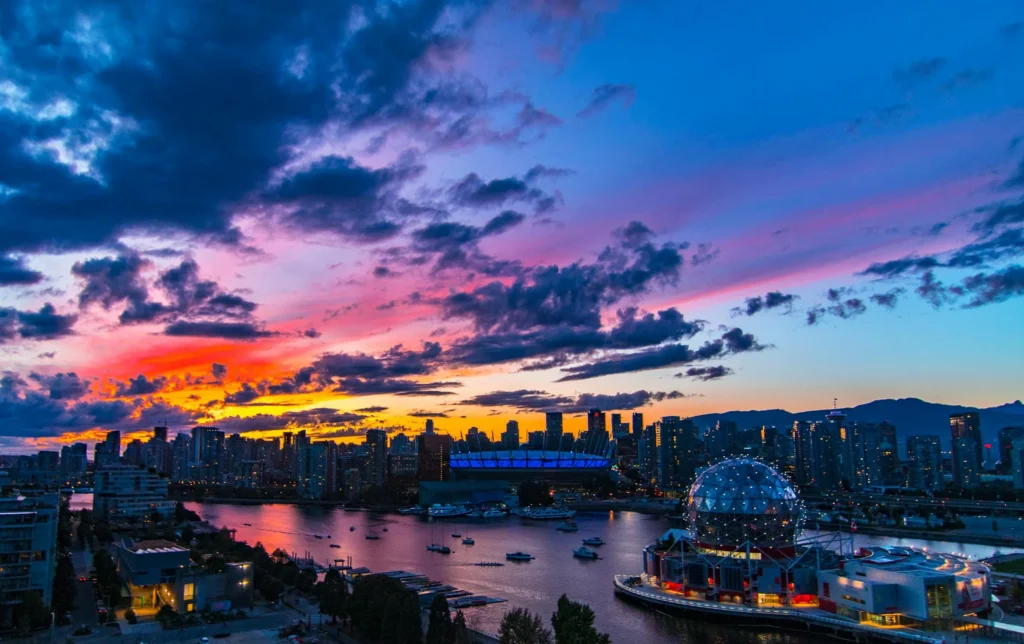A Complete Guide for Travelers

Vancouver, a bustling city in British Columbia, Canada, is often regarded as one of the most beautiful cities in the world. Surrounded by mountains and the Pacific Ocean, it offers breathtaking landscapes, cultural diversity, and a myriad of outdoor activities. While Vancouver is a top destination for travelers, it comes with its unique set of challenges that can catch visitors off guard. In this article, we’ll explore the challenges when visiting Vancouver and provide solutions to help you prepare for an unforgettable trip.
1. High Cost of Living and Accommodation
One of the most immediate challenges travelers notice is the high cost of living in Vancouver. Known for its expensive real estate, this city is one of the most costly in Canada. Accommodation prices are steep, whether you’re staying in a hotel, Airbnb, or even budget-friendly hostels.
Why is Vancouver So Expensive?
Vancouver’s desirability as a city has driven up real estate prices, and this translates into high accommodation costs for travelers. Hotels in the downtown core can easily exceed $200 per night, especially during peak tourist seasons.
Solution: Budget-Friendly Alternatives
To combat high accommodation costs, consider staying in nearby suburbs like Burnaby, Richmond, or North Vancouver. These areas are well-connected to the city via public transport and offer a range of affordable options. Alternatively, book accommodation well in advance or use platforms like Couchsurfing for free lodging with locals.
2. Unpredictable Weather
Another common challenge when visiting Vancouver is its unpredictable weather. The city is notorious for its rain, especially during the fall and winter months. While summer can be stunning, with clear skies and warm temperatures, the rest of the year can be wet, damp, and gray.
How Bad is Vancouver’s Rain?

Vancouver averages over 160 days of rain per year, making it one of the rainiest cities in Canada. Travelers who are not prepared may find their outdoor plans disrupted by sudden downpours.
Solution: Pack for All Weather
Always pack a waterproof jacket and umbrella, no matter the season. Layering is key, as Vancouver’s weather can shift from sunny to rainy within a few hours. If you’re planning to explore the outdoors, such as hiking or visiting Stanley Park, make sure your footwear is waterproof and comfortable for various terrains.
3. Traffic and Congestion
While Vancouver boasts an efficient public transit system, the city’s traffic can still be a major headache, especially for those renting a car or traveling during rush hour. Traffic congestion in Vancouver has been consistently ranked among the worst in North America.
What Causes Traffic in Vancouver?
Vancouver’s geographical constraints play a role in its traffic issues. With water on three sides and limited bridges connecting various parts of the city, bottlenecks are common, especially during peak hours.
Solution: Use Public Transit or Explore on Foot
Consider using public transportation such as buses, the SkyTrain, or even bikes to navigate the city. Vancouver is also a pedestrian-friendly city, with many attractions within walking distance of each other. If you must drive, try to avoid rush hours, typically between 7:00-9:00 AM and 4:00-6:00 PM.
4. Limited Parking
Another challenge tied to traffic is limited parking in the city. Whether you’re visiting popular spots like Granville Island, Stanley Park, or downtown Vancouver, finding a parking spot can be an exhausting task.
Why is Parking a Problem?
Vancouver’s urban design prioritizes walkability and public transportation, which means fewer parking spaces are available, especially in the downtown core. Additionally, parking rates in popular areas can be quite steep.

Solution: Utilize Public Parking Lots or Go Car-Free
If you need to drive, look for public parking lots outside of high-traffic areas and take public transit to your destination. Alternatively, you can use ride-sharing services like Uber or opt for a car-free visit, relying on Vancouver’s excellent transit system.
5. Wildlife Encounters
While Vancouver is a modern metropolis, it is also home to a range of wildlife, and wildlife encounters are not uncommon, especially for travelers exploring the surrounding natural areas. Bears, coyotes, and raccoons are all native to the region and may surprise unsuspecting visitors.
Is Wildlife Dangerous in Vancouver?
In most cases, wildlife will avoid human interaction. However, in certain areas, such as the North Shore Mountains, you may encounter black bears or cougars. Coyotes and raccoons are more common in urban parks.
Solution: Stay Aware and Respect Wildlife
If you’re hiking or spending time in nature, always stay aware of your surroundings and follow safety guidelines. Do not feed or approach wildlife, and if you encounter a bear, remain calm and slowly back away. Many parks have posted signs with advice on how to handle wildlife encounters, so be sure to familiarize yourself with them.
6. The Crowds in Tourist Areas
Vancouver’s top attractions, such as Stanley Park, Granville Island, and Capilano Suspension Bridge, are famous worldwide. While this makes them must-see destinations, it also means they can be incredibly crowded, particularly during the summer months or holiday weekends.
Why are Tourist Areas So Crowded?
Vancouver attracts millions of tourists annually, many of whom flock to the same iconic sites. This can lead to overcrowded spaces, long lines, and reduced enjoyment of the attractions.
Solution: Visit During Off-Peak Times
To avoid the crowds, visit popular attractions early in the morning or during weekdays. Consider visiting during the shoulder seasons—spring and fall—when the weather is still pleasant, but the city isn’t as packed with tourists. Some lesser-known but equally stunning spots, such as Lighthouse Park or Deep Cove, can offer a more peaceful experience.

7. Currency Exchange and Transaction Fees
For international travelers, currency exchange can pose a significant challenge when visiting Vancouver. The Canadian dollar may not be familiar, and transaction fees for foreign cards can add up quickly if you’re not careful.
How to Deal with Currency Exchange in Vancouver
Currency exchange services at airports and tourist hotspots often have higher fees and unfavorable exchange rates. Additionally, many foreign banks charge transaction fees for international purchases.
Solution: Use Local Banks or Credit Cards with No Foreign Fees
For the best exchange rates, use local bank ATMs rather than airport kiosks or exchange booths. Consider getting a credit card that doesn’t charge foreign transaction fees to save money on every purchase. It’s also a good idea to carry a small amount of cash in Canadian dollars for emergencies, but most places in Vancouver accept cards.
8. Understanding Local Customs and Culture
While Vancouver is a friendly and multicultural city, visitors may face challenges in understanding local customs and culture. Canadians are known for their politeness and environmental consciousness, and certain practices may differ from what international travelers are accustomed to.
What Cultural Differences Should You Expect?
In Vancouver, it’s common to see strong environmental awareness, with widespread recycling programs and a ban on single-use plastics in many places. The city also has a large Indigenous population, and there’s a growing awareness and respect for Indigenous culture and land rights.
Solution: Be Respectful and Adapt

Respecting local customs is crucial. For example, always dispose of waste responsibly, using the appropriate recycling or composting bins. When visiting areas like Stanley Park or local Indigenous attractions, it’s important to respect the land and any cultural signage you may encounter.
Conclusion: Challenges When Visiting Vancouver
Visiting Vancouver offers a mix of natural beauty, vibrant culture, and exciting experiences. However, like any city, it presents its own unique challenges. From the high cost of living and unpredictable weather to wildlife encounters and traffic congestion, being prepared will ensure that you make the most of your trip. Plan ahead, pack wisely, and be ready to adapt, and you’ll find that Vancouver’s beauty and charm more than make up for the challenges you may face. Whether you’re exploring its urban streets or its stunning outdoor landscapes, the key to enjoying Vancouver is to embrace its unique quirks and navigate the hurdles with a positive attitude.
Want to know the best time to explore Vancouver? Check out our comprehensive guide on the best time to visit Vancouver to make sure you experience the city at its finest!
